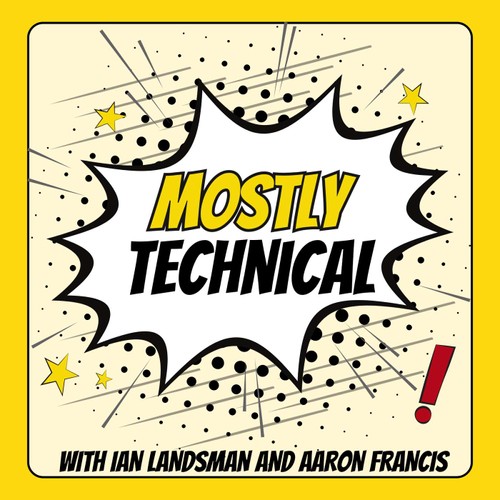
 Mostly Technical
Mostly Technical 05: He Loves a Manifesto
Sep 13, 2023
Discussions on the benefits of separate workspaces and the reactions to excluding TypeScript from a library. Debates on the effectiveness and ethics of outrage marketing. Refuting misconceptions about B2B software. Exploring the 'recycle' feature in Laravel factories. Emphasizing the value of positive Twitter engagement and setting ambitious goals. Exploring the concept of rewarding listeners with physical patches.
Chapters
Transcript
Episode notes
1 2 3 4 5 6 7 8 9
Introduction
00:00 • 3min
Ideal Work Setups and Separate Workspaces
02:31 • 4min
Controversial Statements on TypeScript
06:14 • 13min
The Effectiveness and Morality of Outrage Marketing
19:21 • 2min
Misconceptions and Inaccuracies in B2B Software
21:30 • 18min
Laravel Factories' Recycle Feature
39:24 • 12min
Expressing Frustrations on Twitter
51:25 • 12min
Setting Goals and Finding Motivation
01:02:55 • 2min
Rewarding Community Members with Physical Patches for Listener Milestones
01:04:51 • 3min
